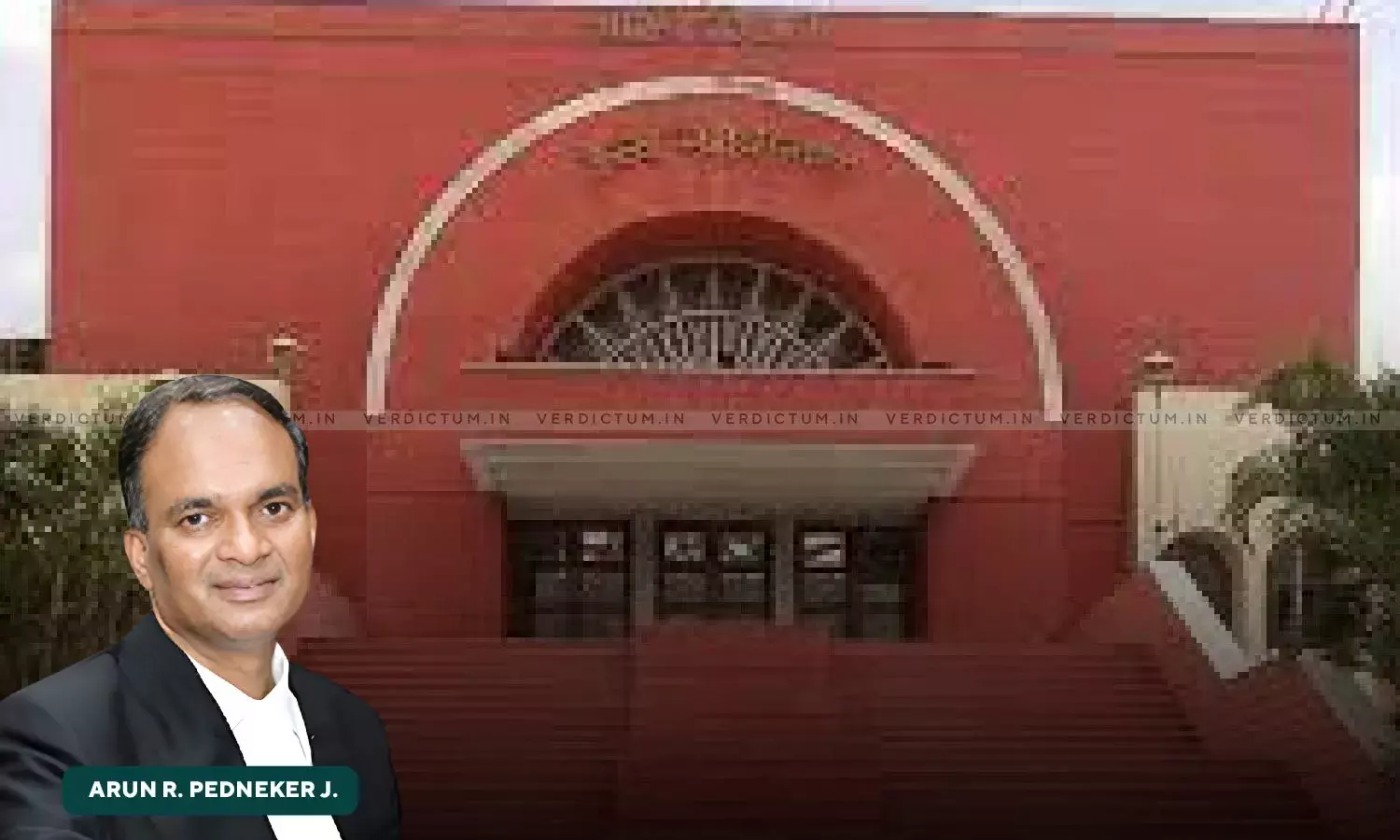Aggrieved Party Must Challenge Award U/S 34 Of A&C Act However Erroneous It May Be; High Court Won’t Exercise Writ Jurisdiction: Bombay HC
The Bombay High Court reiterated that, however erroneous the award may be, the aggrieved party must challenge the same under Section 34 of the Arbitration and Conciliation Act, 1996 (A&C Act) and the High Court would not have writ jurisdiction over it.
The Aurangabad Bench reiterated thus in a writ petition filed by a company challenging the award, contending that the same is ex-facie illegal and does not constitute an award within the meaning of and as contemplated under Section 18 of the Micro Small and Medium Enterprises Development Act, 2006 (MSMED Act).
A Single Bench of Justice Arun R. Pedneker observed, “When the ‘Award’ is made by the Facilitation Council / Tribunal by exercising jurisdiction vested in it, however erroneous the ‘Award’ may be, the same has to be challenged only by invoking Section 34 of the Arbitration Act, and this court would not exercise jurisdiction under Articles 226 and 227 of the Constitution of India, only to avoid the aggrieved party from the hardship of deposit of 75% of the award amount in terms of Section 19 of the MSMED Act.”
Advocates Prasad Sapte and Saurabh Kokane appeared for the petitioner while AGP N.D. Raje and Advocate Pawan K. Lakhotiya appeared for the respondents.
Brief Facts -
The petitioner, a private limited company, entered into a supplier agreement with the respondent company in 2019. It also entered into separate agreements including supply manual and other forms of binding contracts between the parties. It was the petitioner’s contention that the respondent was mandated to manufacture and supply the material, as specified in the agreement and in the purchase orders raised by the petitioner. It was later on realized that the material supplied by the respondent was lacking in quality and faulty in nature and the same was duly communicated to the respondent along with the demand of undertaking corrective measures. After the communications regarding supply of the defective materials and acknowledgment of the respondent to the same, the petitioner rejected the materials supplied by the respondent.
As the respondent failed to remediate/replace defective supplies, the petitioner was exposed to incur huge remediation costs, cost for replacement of materials, transportation cost, and cost for packaging. The respondent being a medium and small-scale industry filed a claim demanding an outstanding amount of Rs. 4,53,87,615/- along with an interest. The matter was taken up by the MSME Council and the petitioner filed an application under Section 25 of A&C Act. The matter was then taken up by the Court but no settlement arrived between the parties. Thereafter, the MSME Council passed a final order, directing the petitioner to pay the said outstanding amount. Hence, the case was before the High Court.
The High Court in the above regard, said, “The impugned ‘Award’ is passed under Section 18 of the MSMED Act. Detail discussion of the award is avoided so as not to prejudice the case of the parties before the court where the award may be challenged. The aggrieved party may challenge the award before the court under Section 34 of the Arbitration Act. In view of the Judgment of the M/s. India Glycols Limited (supra), this court would not exercise the writ jurisdiction to obviate the requirement of deposit as contemplated under Section 19 of the MSMED Act.”
The Court noted that, it cannot go into the issue whether sufficient opportunity was given to the petitioner to lead evidence or whether the tribunal could have passed the impugned ‘Award’ based on admission made by way of ledger confirmation.
“All the grounds raised in the present petition can be taken up before the court under Section 34 of the Arbitration Act. All contentions are left open. The observations made in this petition is limited for the purpose of deciding this petition and should not be taken into consideration for any purpose by the court if award is challenged under Section 34 of the Arbitration Act. The petitioner is left with the remedy as available in law”, it added.
Accordingly, the High Court dismissed the writ petition.
Cause Title- M/s. Duro Shox Pvt. Ltd. v. The State of Maharashtra & Ors. (Neutral Citation: 2024:BHC-AUG:25926)



